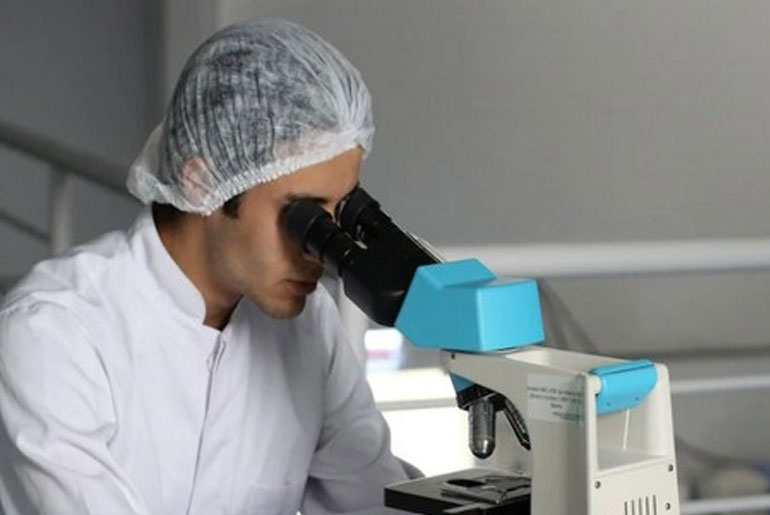Researchers at Penn Medicine’s Abramson Cancer Center and the University of Pennsylvania’s Perelman School of Medicine have discovered that a simple dietary supplement could significantly enhance the performance of CAR T cell therapy. This innovative approach, presented at the 66th American Society of Hematology (ASH) Annual Meeting, may provide an economical way to improve CAR T cell efficacy and cancer-fighting abilities. However, further evaluation through clinical trials is essential before its application in treatment. Shan Liu, PhD, a co-lead author and postdoctoral fellow, emphasized that this study explored an unconventional route—targeting T cells via dietary adjustments rather than genetic engineering—to improve outcomes for patients who do not respond to CAR T cell therapy.
The study, co-led by Puneeth Guruprasad, PhD, alongside senior mentors Dr. Marco Ruella and Dr. Maayan Levy, assessed the effects of various diets on CAR T cells’ ability to combat tumors. Using a mouse model of diffuse-large B-cell lymphoma, the research team compared ketogenic, high-fiber, high-fat, high-protein, high-cholesterol, and control diets. Among these, the ketogenic diet demonstrated superior tumor control and survival rates. Subsequent analysis revealed that beta-hydroxybutyrate (BHB), a liver-produced metabolite from the ketogenic diet, was crucial in enhancing CAR T cell activity. This finding builds on Levy’s earlier research, which showed that BHB suppressed colorectal tumor growth in laboratory experiments.
The researchers proposed that CAR T cells may prefer BHB over glucose as a fuel source, which boosts their cancer-fighting capacity. To validate this, they supplemented BHB in a laboratory model of human cancer while maintaining a standard diet. The results showed significant tumor reduction, improved CAR T cell expansion, and heightened activation. Moreover, human blood samples from CAR T cell therapy patients revealed a positive correlation between higher BHB levels and better CAR T cell expansion. Similar metabolic changes were observed in healthy volunteers who consumed a BHB supplement, supporting the theory that BHB enhances T cell energy metabolism.
This study distinguishes itself from previous research on dietary interventions, such as high-fiber diets, by identifying metabolic changes in the blood as the mechanism for BHB’s effects rather than alterations in the gut microbiome. These findings have prompted a Phase I clinical trial at Penn Medicine’s Abramson Cancer Center to test whether BHB supplementation can enhance CAR T cell therapy outcomes in patients with relapsed or refractory large B-cell lymphoma.
Elise Chong, MD, principal investigator of the clinical trial, emphasized that while the research is promising, it remains preliminary. Until definitive clinical evidence is obtained, no dietary or supplement recommendations are being made. The trial, designed to evaluate BHB supplementation in conjunction with commercially available anti-CD19 CAR T cell therapy, represents a significant step in translating laboratory discoveries into clinical applications. Dr. Ruella, a co-senior author, expressed optimism about integrating this cost-effective and low-toxicity intervention with traditional cancer treatments to amplify therapeutic effects.
This study highlights the potential of dietary supplements, specifically BHB, to revolutionize CAR T cell therapy by enhancing its efficiency and accessibility. If successful, it could offer a transformative strategy for improving outcomes in cancer treatment.
Disclaimer:
The information contained in this article is for educational and informational purposes only and is not intended as a health advice. We would ask you to consult a qualified professional or medical expert to gain additional knowledge before you choose to consume any product or perform any exercise.







